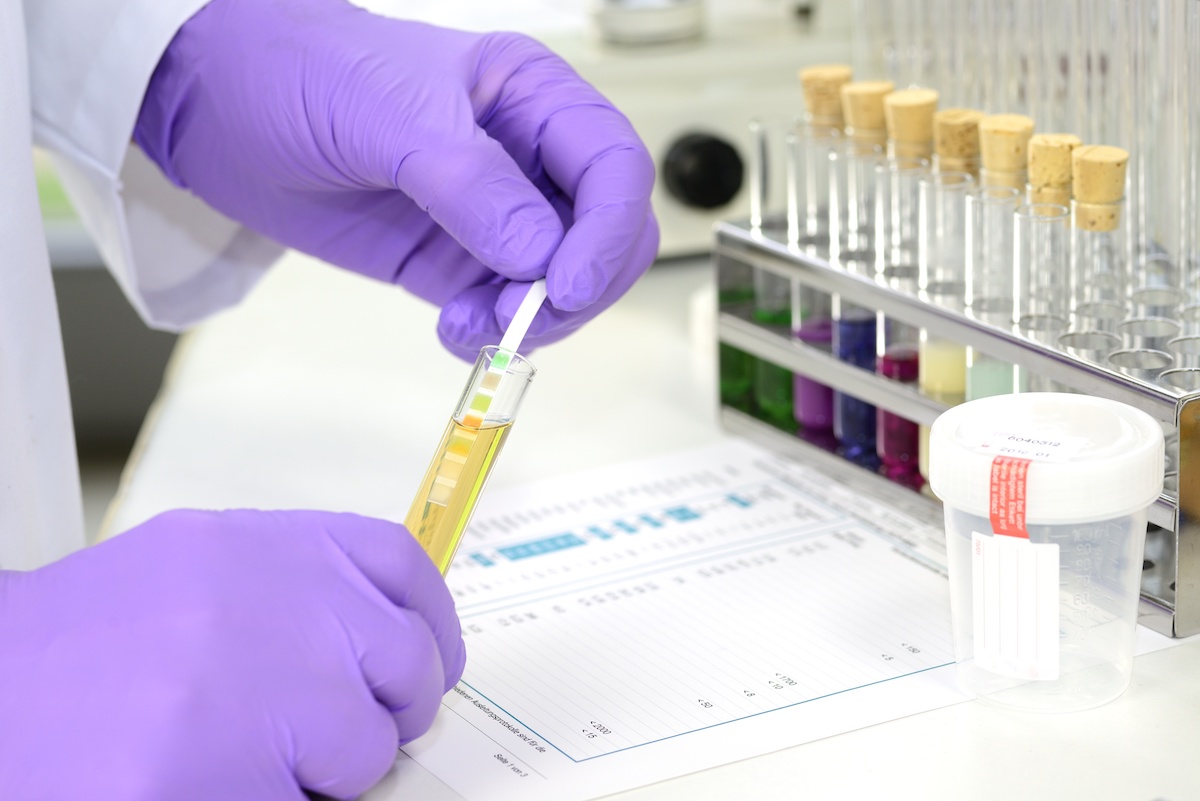In the field of healthcare, pre-employment drug testing plays a vital role in patient care. For physicians, nurses, pharmacists, and other healthcare technicians, drug use and abuse on the job poses a potentially fatal risk to patient outcomes. In fact, according to the Psychiatric Clinics of North America, anywhere from 10 to 15% of U.S. physicians have an issue with substance abuse. Couple that with the added stress of COVID-19 on the healthcare community and those numbers are escalating.
Because of this, it is critical that in depth pre-employment drug testing be an integral part of the hiring process to help protect the quality of patient care, cover legal liabilities, and preserve the integrity of institutions.
Healthcare policy is everchanging with new political administrations taking office and federal and state laws not always coinciding with each other. For example, the recent push to decriminalize marijuana and legalize its use will ultimately lead to many states relaxing their restrictions on this drug. As of January 2021, 35 states have approved medical marijuana use and 15 of these have also approved its recreational use. Because of this, employers will need to regularly review their policies to ensure they are in compliance with these continuously evolving legislative and legal changes.
Many employers commonly use a 5-panel drug test which tests for the presence of amphetamines, cocaine, opiates, phencyclidine (angel dust, PCP), and THC. When healthcare providers distribute and manage narcotics, however, a 10-panel or even 12-panel drug screen is used instead, which usually include other prescription drugs like barbiturates, benzodiazepines, methaqualone, methadone, and propoxyphene.
Because drug testing laws vary from state to state, it is important for employers to monitor the laws in their neighboring states, as well, particularly if they actively recruit employees like traveling nurses, locum tenens physicians, or telehealth providers.
As with any new law that may be passed, it is imperative that healthcare institutions become familiar with the state’s drug and alcohol testing statutes. It is especially important to stay up-to-date with state laws around drug testing, the rights of both employers and employees, what procedures can be taken if policies are violated, and any updates needed to both employee handbooks and human resources procedures.

